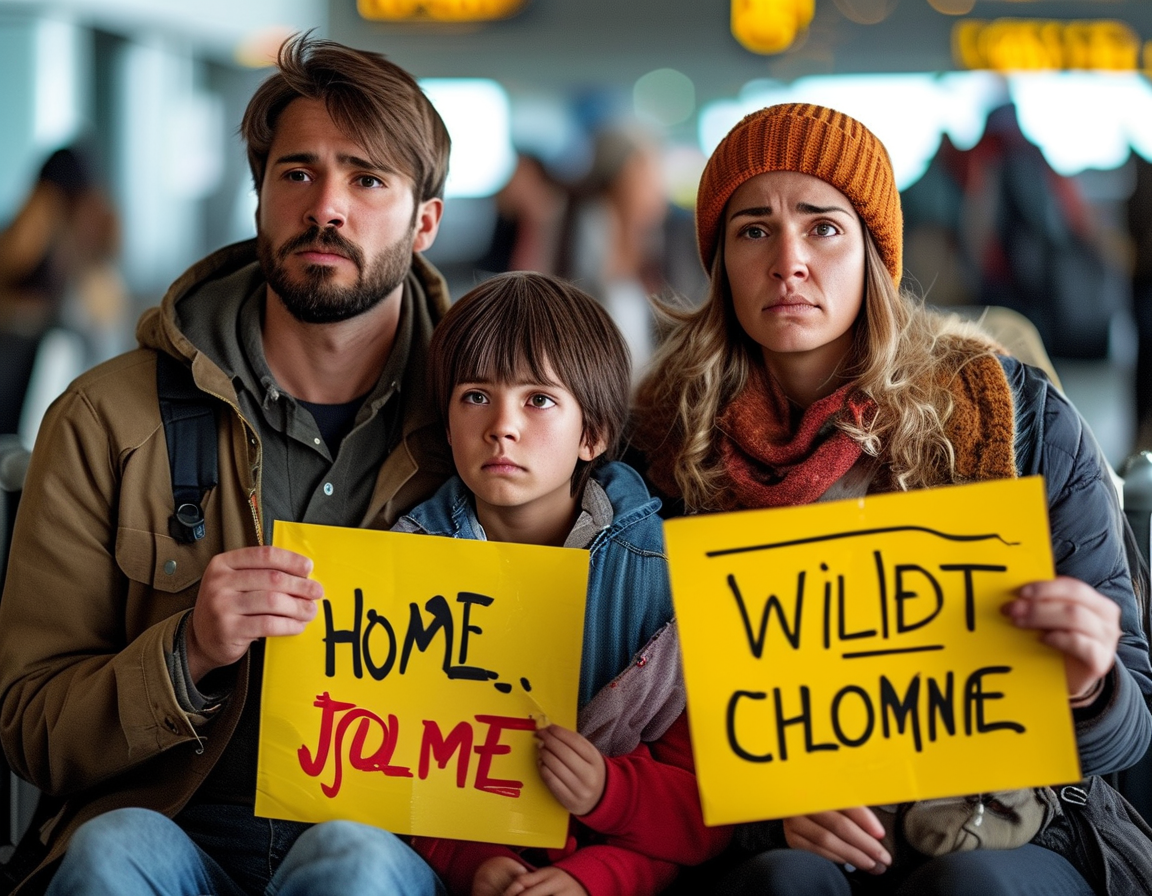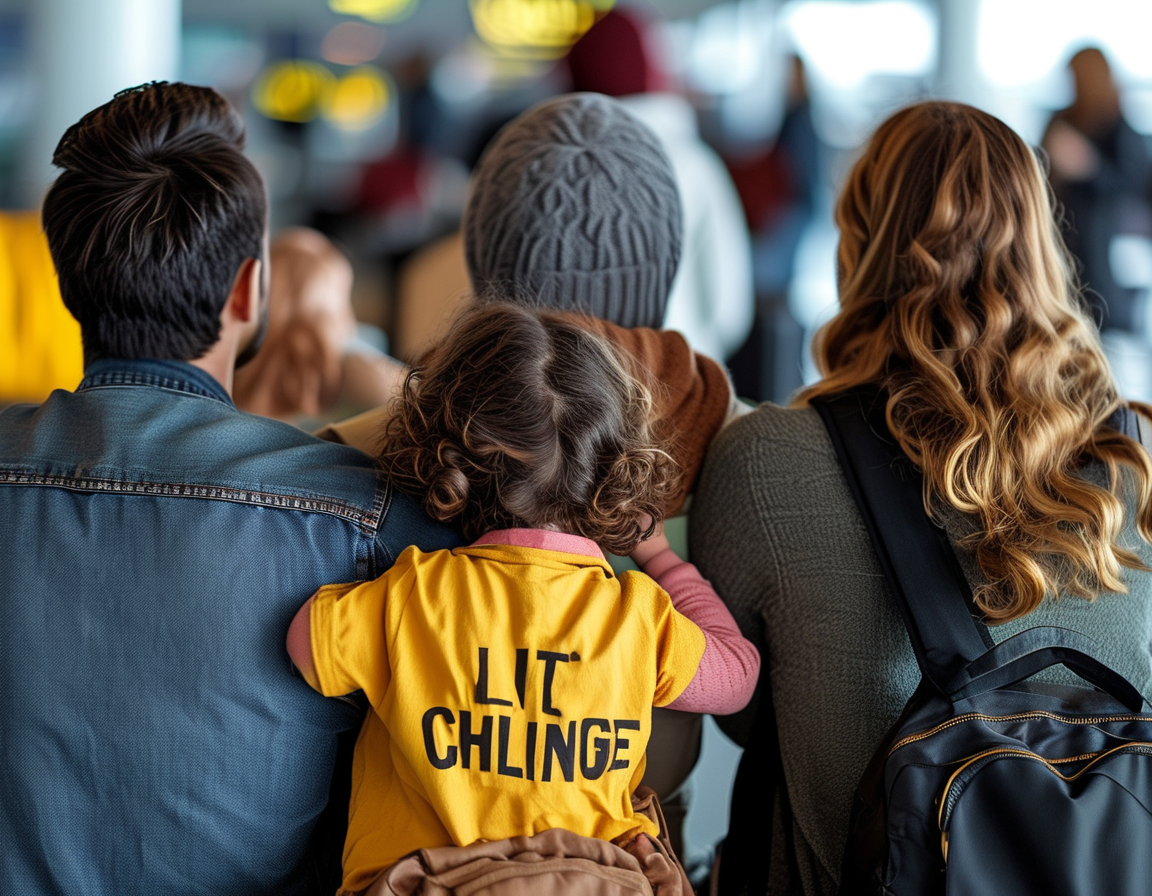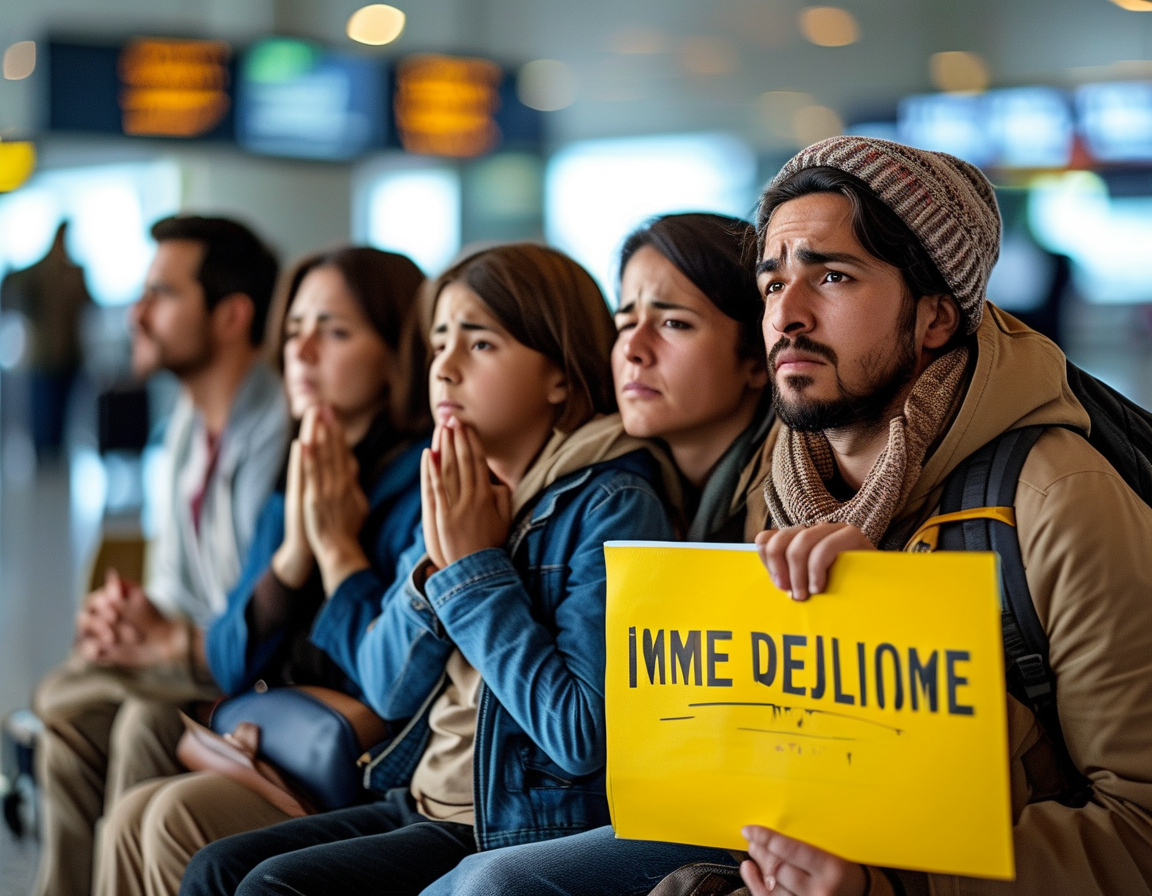US Flies 177 Deportees from Guantánamo
In a remarkable move, the U.S. government has flown 177 deportees from Guantánamo Bay to Honduras. This decision comes against the backdrop of a human rights lawsuit, highlighting ongoing debates surrounding immigration and detainment practices. The detainees are now set to be transferred to Venezuela. What does this mean for those involved? What implications does it hold for U.S. immigration policy?
The flight, which took place on Thursday, allegedly empties the military facility on the Cuban base of migrant detainees. This might symbolize a shift in how the U.S. handles its immigration crisis. Just days before the deportation, the American Civil Liberties Union (ACLU) filed legal actions requesting access to those held at the base. Such actions come in response to the information void that often blankets immigrant detainees’ lives.
Understanding the Deportation Background

The nature of the deportees is concerning. Reports indicate that 126 individuals faced criminal charges or convictions, with about 80 allegedly tied to the Tren de Aragua gang. Others had no documented criminal records at all. This raises critical questions about fairness in our immigration system. Is it feasible or justifiable to label these individuals without concrete evidence of wrongdoing?
This move follows Donald Trump’s administration revealing an aggressive stance on immigration. Prior to this event, Trump had sensationalized detained immigrants as the “worst of the worst.” The implications of such language echo through border policy and community deportations. Who are these people being labeled as criminals? Do they deserve a fair hearing, or merely swift removal?
Family Stories: A Personal Perspective
Personal stories surface amidst the chaos. For example, relatives of a detainee, Luis Alberto Castillo Rivera, insist he is innocent. He was captured seeking asylum just before Trump’s inauguration. Yajaira Castillo, his sister, passionately defends his character, stating, “He’s innocent.” Such assertions highlight the emotional toll families pay in these situations. The human aspect often loses traction in broader immigration debates.

Deportation journeys are rarely simple. They churn stories of fear, hope, and resilience. Families are frequently torn apart. This human element should instigate dialogue and reflection among us as we parse immigration news. Will society grow feeble and immune to individual stories? Or will we challenge ourselves to advocate for humane treatment?
Honduran Politics and Immigration Reforms
The recent flight also coincides with shifting political dynamics in Honduras. Notably, President Xiomara Castro reaffirmed a deal with the Trump administration over an extradition treaty and migration issue. This brings to light the tangled web of international relations. Castro’s movements seem to intertwine personal political gain with broader immigration consequences.
Might this treaty serve as a bargaining chip in the face of voter integrity or personal protection from drug trafficking charges? Critics have voiced suspicions, equating such dealings with compromising justice for political favor. Are Central American leaders straddling a precarious line between cooperation and complicity?
The Bigger Picture: A Reflection on Immigration Policy

The California-based ACLU’s lawsuit brings into focus broader issues within immigration law. Beyond the individual cases, the courtroom drama symbolizes a struggle for transparency and accountability. Are we prepared to question our immigration system thoroughly? How can we navigate the legal grey areas that leave dreams of asylum hanging?
It is crucial for Americans to engage in these discussions. Every deportation story is a potential bipartisan bridge. Such bridges can foster greater understanding and empathy. Will we choose to see people affected first and foremost, beyond their legal status? Are we willing to ask hard questions and take collective action to forge a just immigration framework?
In summary, the recent deportation of 177 migrants from Guantánamo Bay invites us to rethink our immigration policies. It pushes us to reflect on the consequences of our legal decisions. Each statistic has a face. Each face has a story. Will we choose to listen? Can we envision a time when our immigration system embodies respect, dignity, and justice for all?




